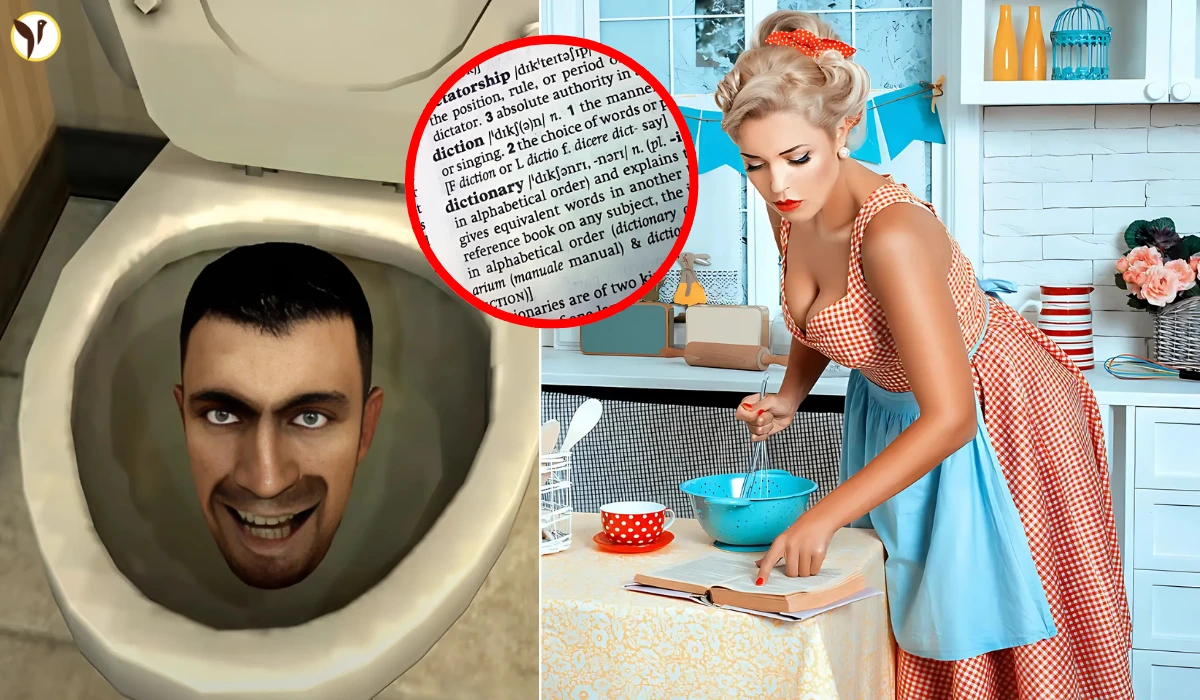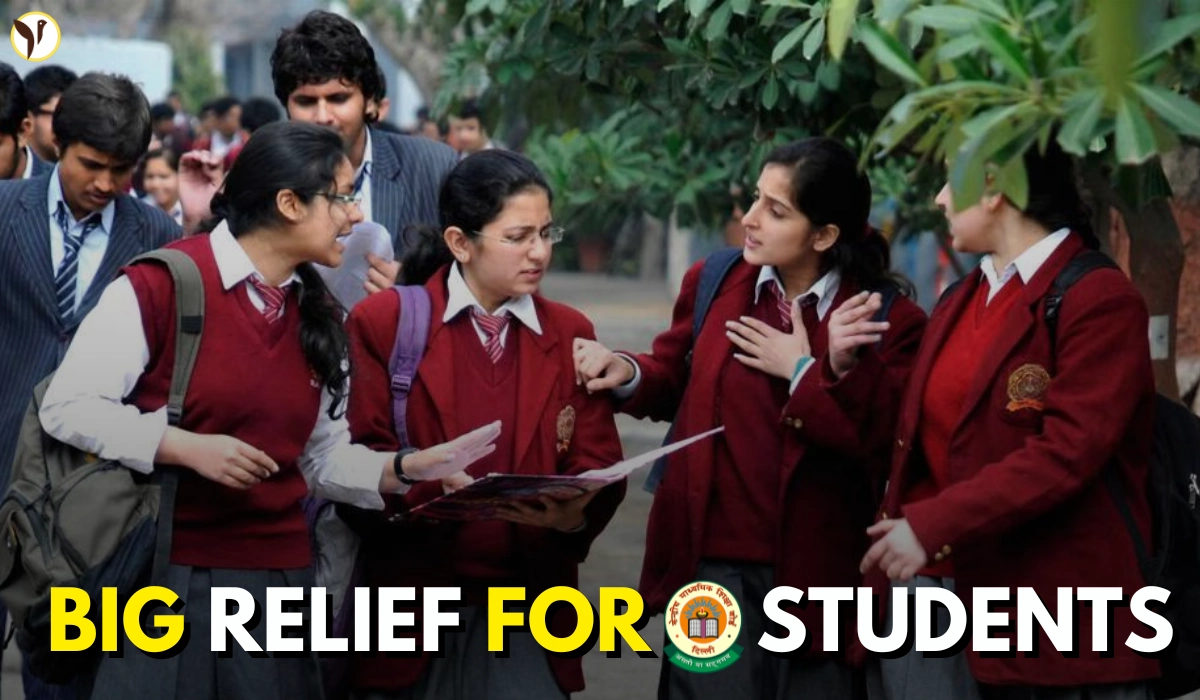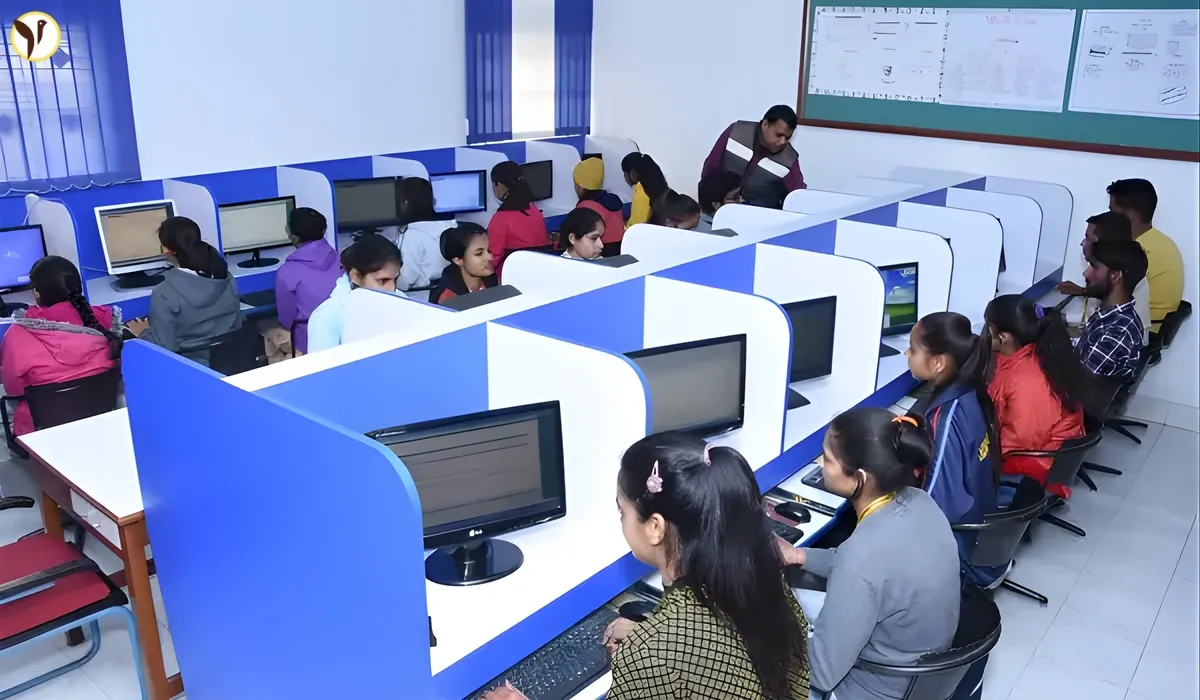The Cambridge Dictionary has introduced more than 6,000 fresh entries this calendar year, highlighting terms bred on the internet, including skibidi, delulu, and tradwife. The presence of such neologisms within the publication underlines the influence of youth and meme culture on the English lexicon. These items acquired currency on social platforms, convincing lexicographers that they are not ephemera but expressions likely to endure.
Why These Terms Were Selected for Inclusion
Cambridge lexicographers draw on vast linguistic corpora, notably the Cambridge English Corpus, which contains more than two billion words. Analysts observe usage trajectories over extended periods; entries are endorsed only when they manifest sustained, verifiable application, thus precluding the incorporation of transient or purely viral phenomena.
Skibidi
- Source and Function: A whimsical, arguably arbitrary signifier that was instantiated through the Skibidi Toilet video series on YouTube, which depicts anthropomorphic avatars with lavatory-motif heads. The term has taken on a life of its own.
- Specification (Cambridge): Used to convey admiration, derision, or sometimes to function as a placeholder with no substantive referent, evidenced in the jocular locution, “What the skibidi are you doing?”
Delulu
- Description: An abbreviated form of “delusional,” this lexeme designates a speaker or subject who conspicuously rejects empirical reality, often presented in a self-deprecatory or sardonic mode.
- Pop Culture Use Mid-2023: The term gained currency during the TikTok phenomenon captioned *“delulu is the solulu”*—a viral exhortation to imaginatively attract one’s aspirations. The phrase subsequently crossed into parliamentary discourse when Australian Prime Minister Anthony Albanese—delivering sharp irony—quipped that one can be *“delulu with no solulu.”*
Tradwife
Definition: Portmanteau of “traditional” and “wife,” the label encapsulates female influencers who valorise the pre-1960s domestic ideal—cooking, house cleanliness, and child-rearing—while broadcasting the lifestyle via Instagram and TikTok.
Significance: The term encapsulates an emergent tributary within influencer culture: one that either rehabilitates conventional gender roles or interrogates their re-emergence. Commentary on regulators, critics, and advocates now circulates at the level of taxonomies and idioms, removing ambiguity around its relevance.
Skibidi. Delulu. Tradwife. Do you know what they mean?
— BBC Radio 4 Today (@BBCr4today) August 18, 2025
Terry Victor, editor of the New Partridge Dictionary of Slang and Unconventional English, talks with @annefoster about a few of the words added to the Cambridge Dictionary this year 🗯️
#R4Today
Additional Lexical Additions for Context
Cambridge also added::
“Mouse jiggler”: Hardware or software engineered to reproduce innocuous mouse motion, thereby masking procrastination during virtual employment.
“Forever chemical”: A label for organofluorine compounds that resist biodegradation, emblematic of the prolonged-scale contamination crisis.
Extra Value
*Skibidi* and its spin-off *Skibidi Toilet* illustrate how absurdist, almost absurdist animation variants on YouTube and TikTok produce idioms that are swiftly assimilated into the lexicon of national politics, syntax, and prosody. The term *delulu* is now an idiomatic outcrop of manifestation discourse that privileges certainty of desire. Its functional brevity facilitates incursion into parliamentary the syntax almost painlessly. The *tradwife* label, conversely, articulates an emerging position within The Last Great Debate of the millennium: one that falsely assumes nostalgia-based discourses precede the precautions of realism utilities.
Summary Table
| Word | Meaning & Origin |
|---|---|
| Skibidi | Nonsense slang from YouTube meme; means “cool,” “bad,” or no meaning |
| Delulu | Short for “delusional”; trending on TikTok and politics |
| Tradwife | Celebrates traditional homemaking roles shared on social media |









